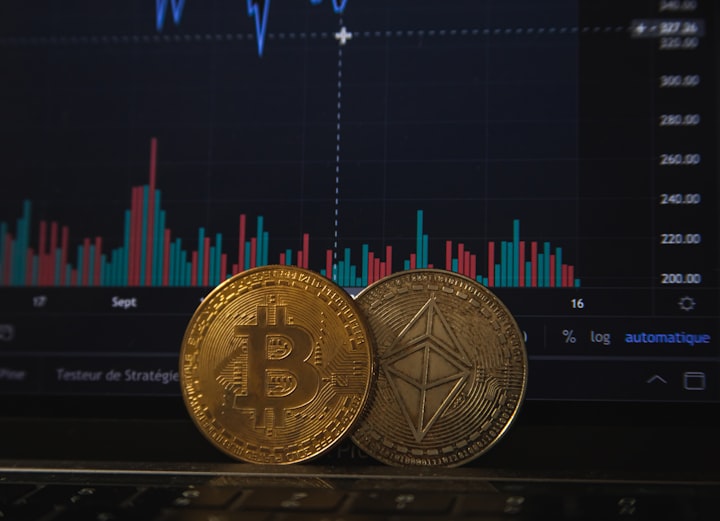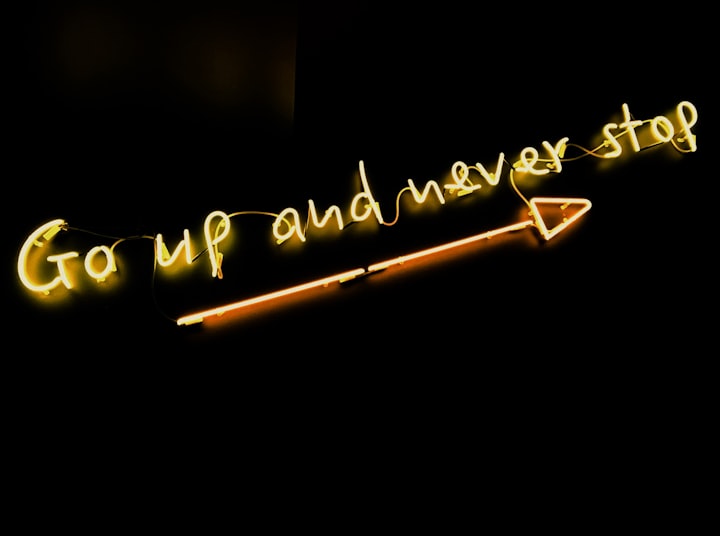What Is Futures Trading? How Does It Work?
futures trading

The futures trading in the stock market relies on the futures contract. In this contract, two parties, one the purchasing party (the one with the long position), sign an agreement with the seller (the one with the short position) where the buyer agrees to purchase a derivative or index at a specific time in the future for the predetermined price. As time passes, the price of the contract relatively changes to the fixed price at the time of agreement. As a result, it creates a profit or loss situation for the trader. The stock market governs each of these transactions before exchanging stocks.
How To Do Futures Trading?
Investors generally use futures for hedging a commodity’s price fluctuations or for taking leverage of the price movement instead of purchasing and selling the actual cash commodity. Eventually, the trader does it with the stocks. The futures contracts are available on four different assets. These are indices, currency pairs, stocks and commodities.
In the concept of futures trading, there are two key participants: the hedgers and the speculators. Hedgers are the businesses or individuals who, at some point of time, deal with the underlying cash commodity. They use the futures contract to protect the underlying cash commodity against irrational and rapid future price movements.
On the other hand, the speculators form the primary group of future players. Their participants here include independent floor traders and prospective investors. The independent floor traders are also called the locals who trade for their accounts. On the contrary, the floor brokers handle the trades for their clients or the brokerage firms.
How Does Futures Trading Differ From Other Financial Instruments?
The future has no inherent value. Its value depends on another derivative. The futures contract comes with an expiration date and can last only for a certain period. Unlike other financial instruments, the futures contract is time-bound. You can begin with your futures trading with InvestFW.com. It is an online trading platform for stocks, forex and commodities.
For example, when you purchase shares of any company, you can hold them for as long as you want. It is a form of equity you have with yourself. But, futures trading comes with a fixed period. This is the reason why you must consider the market timings and the market direction before you take a future trading decision. The most crucial difference between futures and other financial instruments is the use of leverage.
Leverage In Future Trading
Futures trading is a contract between two parties for investing in a derivative. While initiating such a contract, the investor need not pay the entire amount of the contract. A small upfront payment shall also work. For initiation of the contract, the investor has to pay an initial margin amount of the total amount in the contract.
The stock exchange sets this margin maintenance value. However, this aspect of the futures markets distinguishes it from other financial instruments significantly. With InvestFW.com, you can trade futures quickly and effortlessly. In addition, the platform has a user-friendly interface for beginners to learn and grow.
How Does Futures Trading Work?
A commodity is a physical product in the marketplace. The forces of demand and supply determine the value of the commodities. In comparison to this, futures trading comes with lots of complications and risks. Multiple derivatives are involved in the procedure with high leverage. As such, you can also lose a lot of money in this. Hence, it is essential to understand the working of the future.
In India, both National Stock Exchange and Bombay Stock Exchange offer futures.
In this, a person can place a buying order in which they agree to purchase a derivative at a specific rate in the future. Or, they can place a selling order in which they agree to sell the derivative at a specific rate in the future.
The stock exchange connects the buyers, and the seller and then the futures contracts are signed.
In the case of futures trading, the buyer takes the bullish stance, whereas the seller takes the bearish stance on the stock rate.
Every contract in this trading expires on the last Thursday of every month. However, the traders have to settle payments on the creation of new contracts.
The traders can buy futures in lots. However, the lot size ranges between 25, 50 or 125 shares.
The prices of the futures tend to rise on the rise of stock value and decrease on the fall of stock value.
The Bottom Line
To conclude, we can state that futures trading in the stock market is an agreement to the derivatives at a specific rate shortly. Therefore, the value of the futures depends on the value of another derivative. However, you can trade commodities through the InvestFW.com platform. This platform supports the trading of indices, stocks and forex easily. Moreover, customer support here is available 24*7 for your sound trading experience. In addition to this, if you trade in futures, you can enjoy the benefit of leverage and hedging against risk.





Comments
Nitya Sharma is not accepting comments at the moment
Want to show your support? Send them a one-off tip.